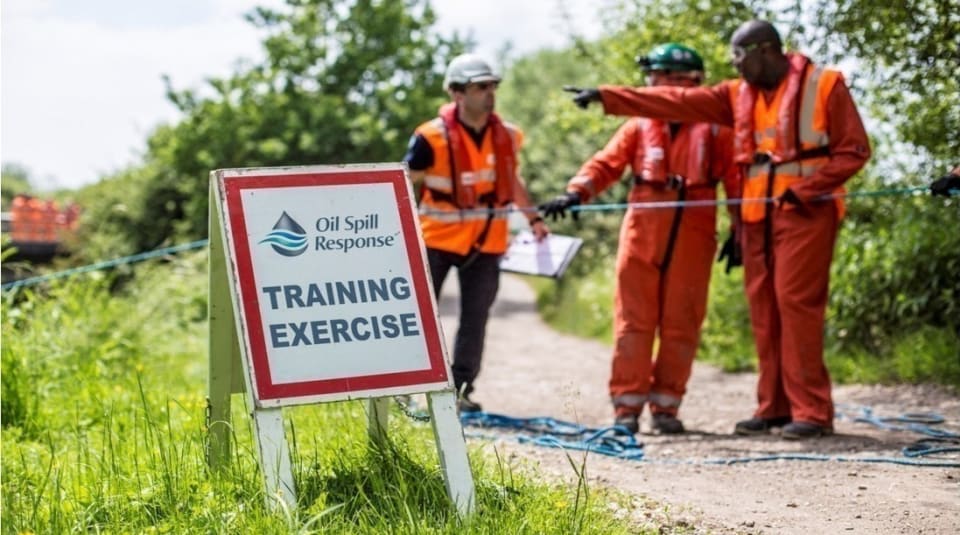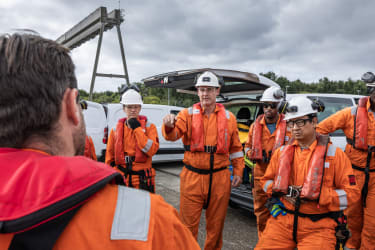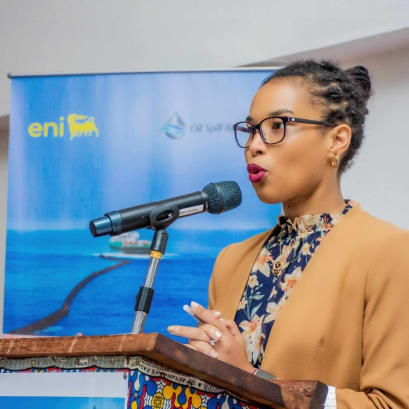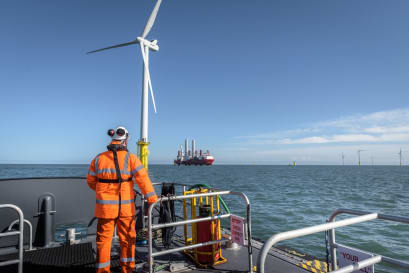Is there a need for a global training curriculum for E&P oil spill response?
Given the current and future level of exploration and production activity, should we have a dedicated harmonised global training curriculum on oil spill response for global exploration and production activities?
Training as a function of preparedness
The response industry has long accepted that good preparedness requires well-trained staff working to well-developed plans that are properly resourced and regularly exercised. However, the success of the training in preparing attendees for responding to an oil spill relies largely on two things:
- The effectiveness of the trainers
- The structure of the syllabus
So, what syllabus options do exploration and production companies have? Is the answer “The Global Option” – The IMO suite of Model Courses? Is this syllabus focused for the needs of E&P and does this tick the boxes? Do regional specific requirements provided a credible alternative? Or do we have a need for a dedicated harmonised global training curriculum on oil spill response for global exploration and production activities?
The global option
When looking to conduct formal oil spill response training many operators lean towards the IMO’s suite of oil spill response focussed courses. These provide a great starting point when exploring a global training curriculum, they are well recognised by governments and industry and there is little else available with the same global coverage however, due to the need for any changes to be agreed by member states, courses are slow to be updated. In addition to this the courses are heavily focused on shipping and furthermore the IMO are not an accrediting body. Some organisations do offer accreditation of these courses but this requires the training organisation to be accredited against a national equivalent standard. In many cases this is against the UK’s Maritime and Coastguard Agency, again this has a shipping focus, not ideal for exploration and production operations or for operators outside the country of national equivalence.
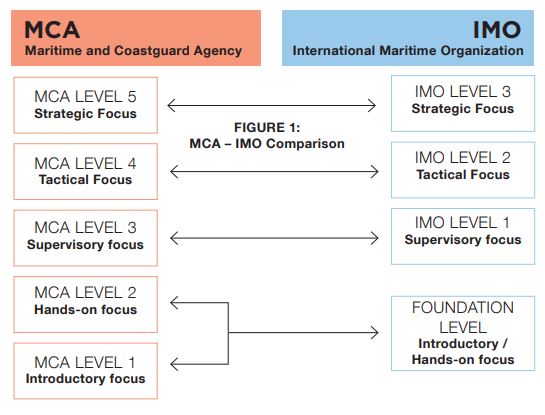
Syllabus focus
The current global option in the form of the IMO courses is built to train to the framework of the OPRC convention. It is worth remembering at this time that the OPRC convention was developed in the wake of the Exxon Valdez incident in Prince William Sound in 1989. Subsequently there is a largely shipping approach towards the existing globally focussed training curriculum. This poses a challenge when training delegates from an exploration and production background to respond because the source control of an incident alters from a defined amount and duration to an undetermined amount and duration. This then requires a different approach to managing response strategy and some of the applied techniques for response.
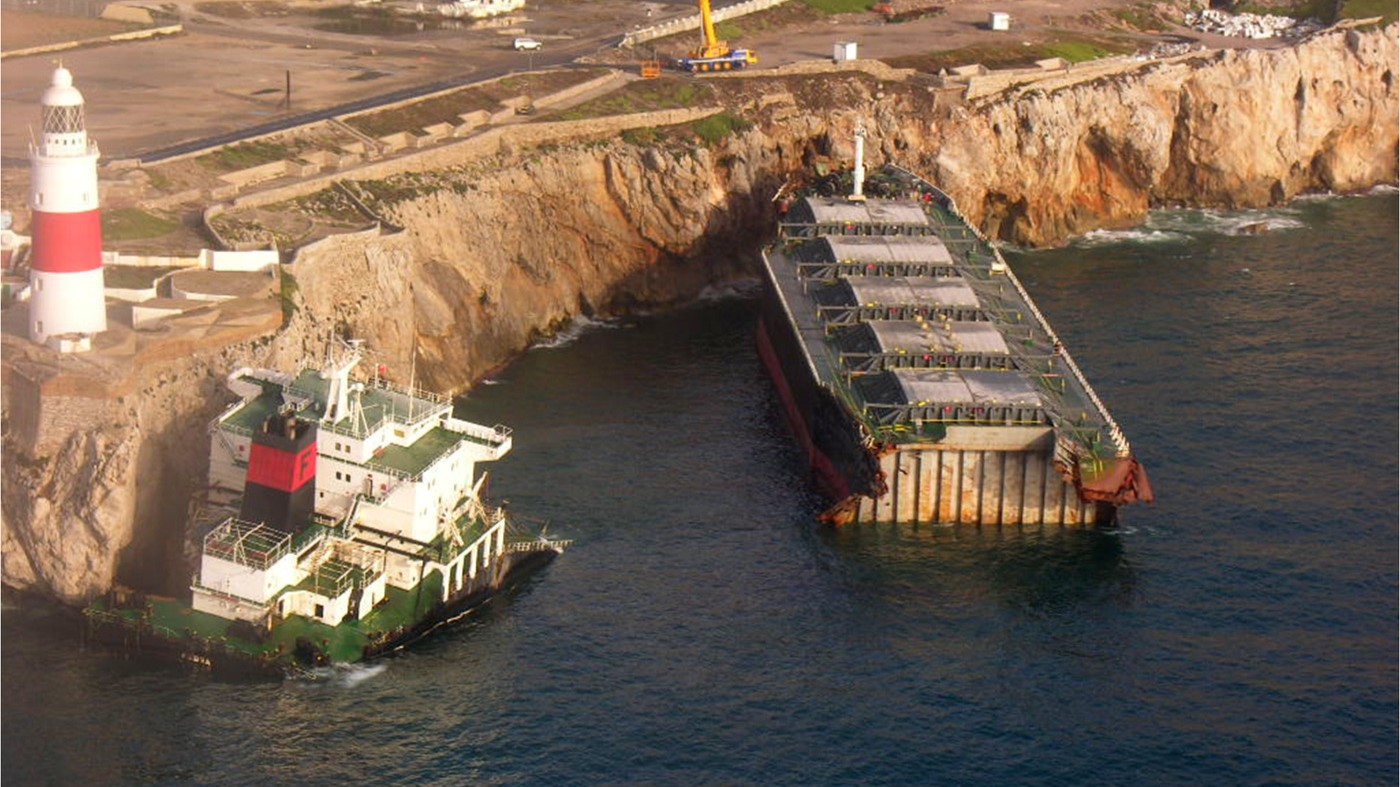
Region-specific training
Some regions offer specific exploration and production training structures such as The Department of Business, Enterprise and Industrial Strategy (BEIS) in the United Kingdom. Some offer generic training which meets the needs of both shipping, exploration and production and a wider audience such as HAZWOPER in the United States but again, both these examples are regional and do not conform to a harmonised global approach to oil spill response training for exploration and production. The challenge comes in meeting the training needs required by law for each region. This inevitably differs from region to region and in some instances is quite broad. The difference in BEIS requirements and HAZWOPER requirements being a prime example.
Conclusion
The facts suggest that a comprehensive harmonised global training curriculum on oil spill response for global exploration and production is lacking. This indicates that those working with exploration and production could receive better training which in turn means they could be better prepared. So what is the answer? A structured syllabus dedicated to exploration and production which is developed for and held by a global oil and gas organisation such as IPIECA, OGP or similar. Accredited courses can be designed to meet the needs across a variety of response roles and link with key industry messages such as IPIECA’s good practice guides, API’s Spill Impact Mitigation Assessment (SIMA) and alike.
References:
Oil Spill Preparedness and Response: A Good Practice Framework (www.oilspillresponseproject.org/ strategy/oil-spill-preparedness-and-response/)
Accreditation of maritime oil spill response training in the United Kingdom Syllabus Via The Maritime and Coastguard Agency and Nautical Institute https://www.nialexisplatform.org/accreditation/oil-spill-response/
IMO publication on OPRC on cd: model courses 4.2, 4.3 and 4.4, version 1 (2006) ISBN 978-92-801- 70016

